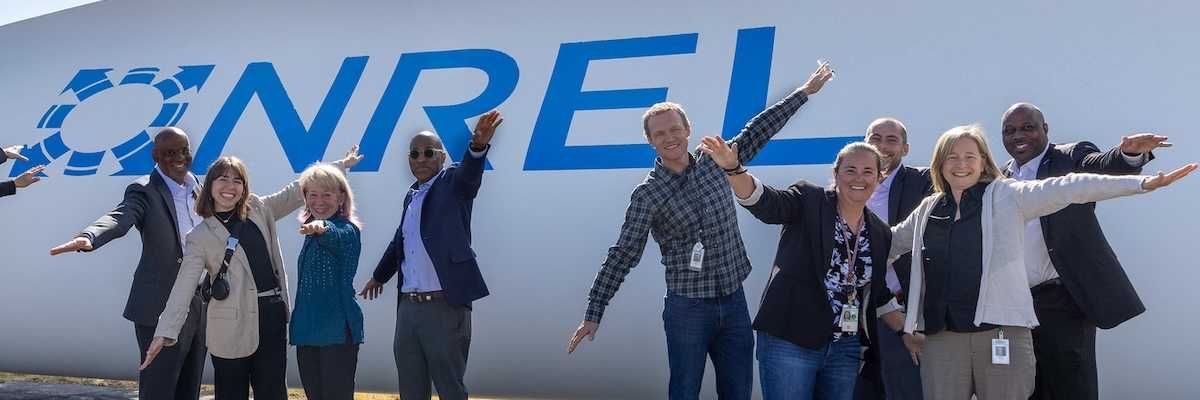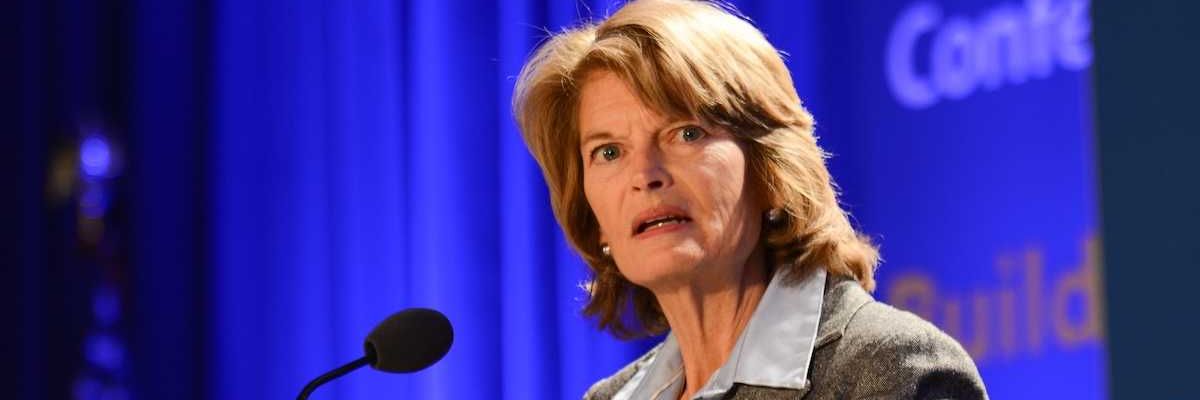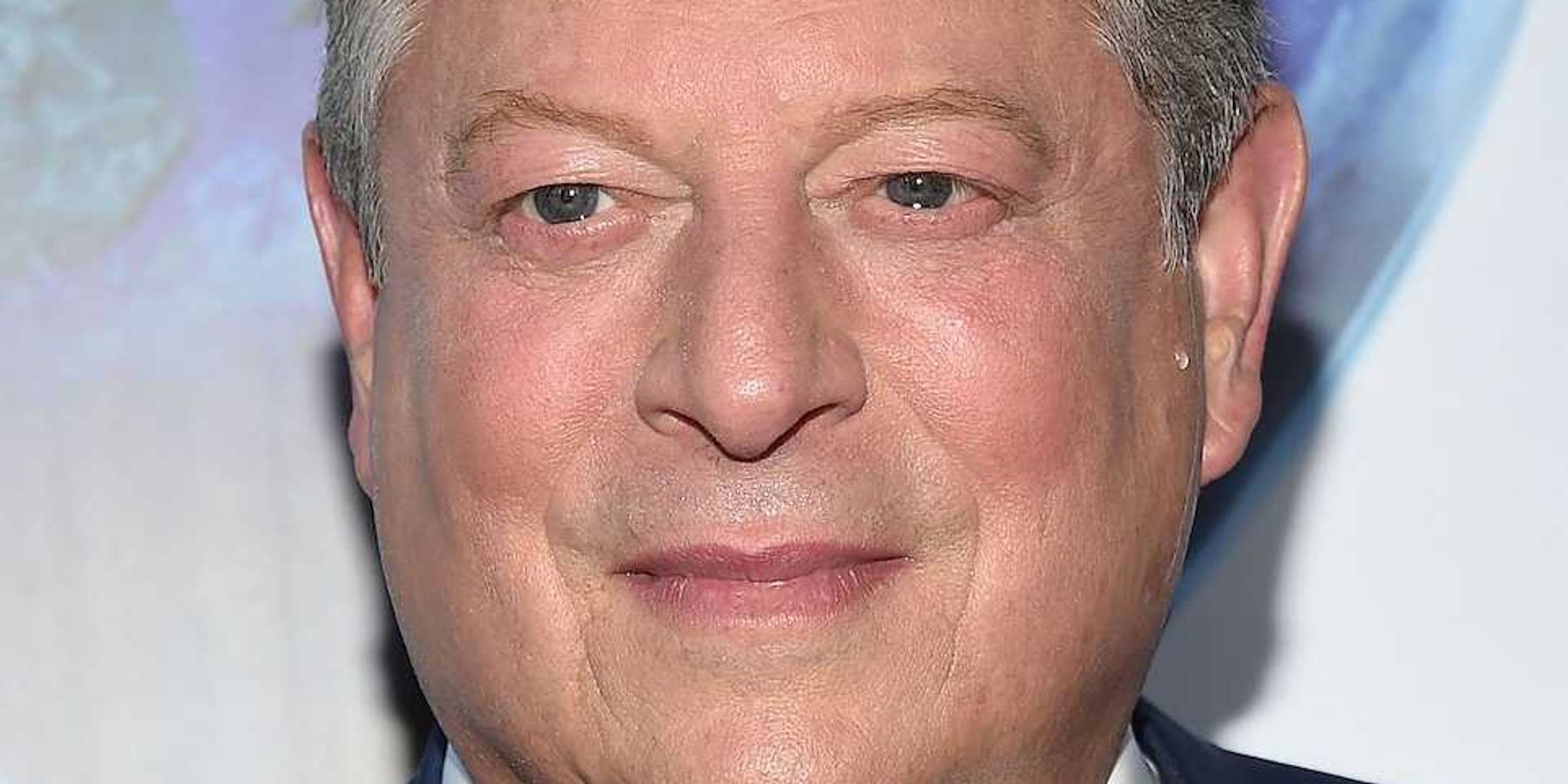traffic
Car travel now exceeds pre-pandemic levels in most US cities
A recent report shows that vehicle miles traveled in the US have risen 12% since 2019, with New York City’s urban core seeing the largest increase.
In short:
- Driving in most US metropolitan areas is higher than before the pandemic, with a 12% increase in vehicle miles traveled (VMT) from 2019 to 2024.
- NYC saw a 14.7% rise in daily VMT per capita, the highest of any major city center, while Los Angeles saw a 17% decline.
- Remote work and population shifts may be contributing to changes in driving patterns.
Key quote:
“Congestion is pretty stubborn.”
— Emily Adler, director of content at StreetLight Data.
Why this matters:
Increased driving worsens pollution and traffic congestion, both of which complicate efforts to meet climate and public health goals. Policymakers must address infrastructure and urban planning to curb these trends.
Read more:
Highway expansions fail to ease traffic and harm the environment
State transportation departments nationwide are pushing highway expansions that increase traffic and emissions despite claiming these projects fight climate change.
In short:
- Texas and other states argue that highway widening reduces emissions by easing traffic congestion, but evidence shows it leads to more cars and higher emissions.
- Induced demand, where increased road capacity leads to more driving, nullifies the initial congestion relief from highway expansions.
- Alternatives like mass transit and denser urban development can effectively reduce emissions and traffic.
Key quote:
“There’s enough research out there showing again and again that it doesn’t work. You would think they would know better.”
— Wes Marshall, licensed traffic engineer, urban planning professor at the University of Colorado-Denver, and author of the new book Killed by a Traffic Engineer
Why this matters:
Highway expansions exacerbate climate change by encouraging more driving and emissions. Redirecting funds toward sustainable transportation can better address environmental and traffic concerns.
Governor Hochul faces backlash over congestion pricing reversal
Governor Kathy Hochul’s sudden withdrawal of support for a New York City congestion pricing plan has sparked backlash from key allies and political figures, threatening her political standing.
In short:
- Governor Hochul reversed her stance on a controversial NYC toll plan, leading to widespread criticism from Democrats and activists.
- Allies were blindsided by the decision, which has led to discussions of potential challengers for her 2026 re-election.
- Hochul cited concerns over high living costs and inflation as reasons for her reversal.
Key quote:
"People see weakness, and when they see weakness they attack. She’s vulnerable to a credible challenge and it could come from either direction."
— Jasmine Gripper, co-director of the New York Working Families Party
Why this matters:
Hochul’s decision has fractured her support base and may impact her political future. Many see it as a missed opportunity to advance New York’s environmental goals and an unfortunate step back in the fight against climate change. Political analysts suggest that this move could alienate key supporters who are passionate about sustainability and public health.
No free parking: An urban reform movement takes hold
Cleaner air: Mission (im)possible for cities
Europe's battle over clean air is coming for its streets. As the EU looks to tighten the bloc’s air quality guidelines, city leaders are bracing for even more intense backlash to measures aimed at slashing pollution and meeting the new rules.
Hotter days are increasing car crashes and fatalities
On days when an oppressive sun strikes streets, temperatures spike and so do fatal car crashes.









